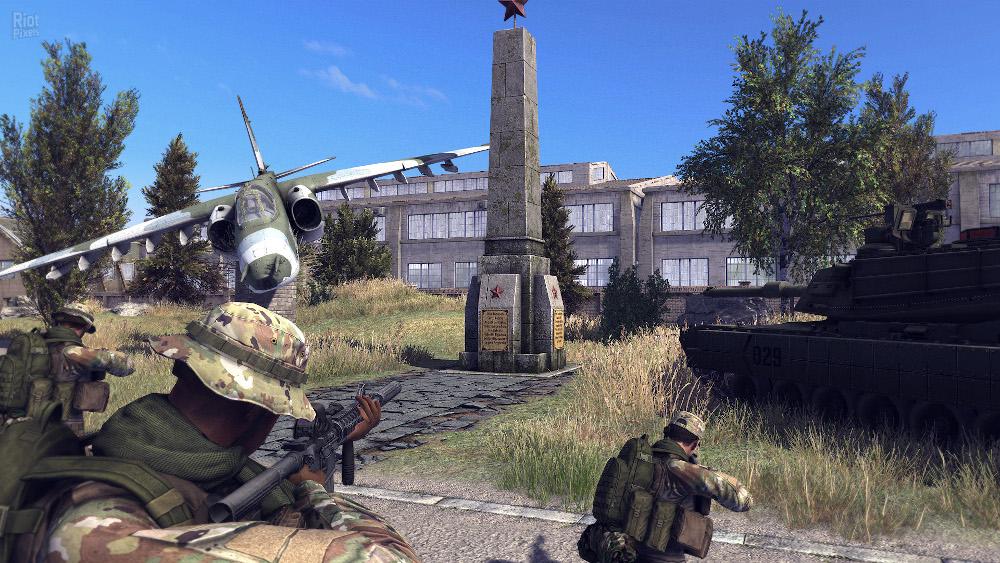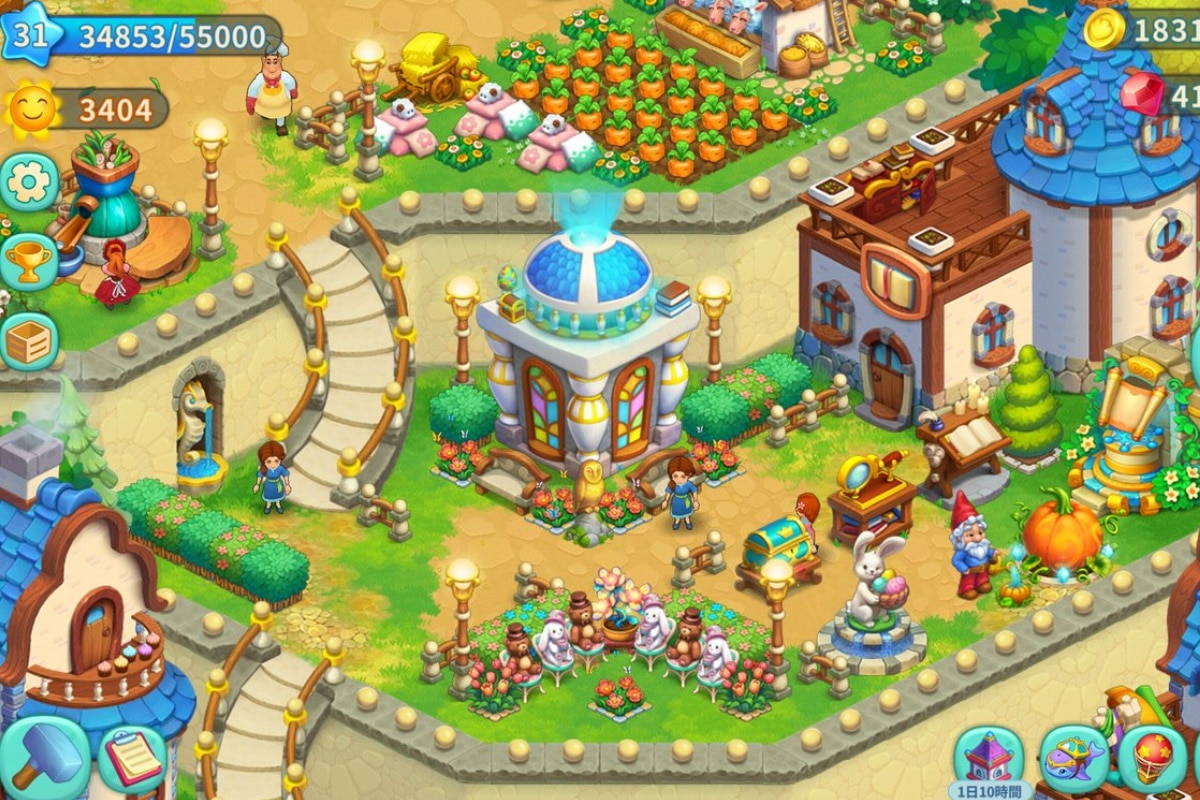Online games have revolutionized the way we play and connect, offering a diverse range of genres and experiences that cater to every type of gamer. From action-packed multiplayer adventures to immersive single-player narratives, the world of online gaming is vast and ever-evolving. With each category boasting unique features and popular titles, gamers can easily find their niche, whether they prefer battling it out with friends or embarking on solo quests.
As we delve deeper into the realm of online games, it’s essential to recognize their influence on societal interactions. These platforms have become modern meeting grounds, fostering communities that can have both positive and negative effects on mental health and social dynamics. Understanding these aspects can enhance our appreciation of this digital phenomenon.
Types of Online Games

Online gaming has evolved dramatically over the years, offering a broad spectrum of genres that cater to various preferences and play styles. From immersive worlds to casual puzzles, the diversity in online games attracts millions of players globally. Understanding the different categories helps gamers select titles that fit their interests and desired experiences.
Online games can be broadly categorized into several types, each with distinct features and engagement levels. The two primary classifications are single-player and multiplayer games. Single-player games allow one person to engage with the game’s narrative and mechanics independently, often providing a rich storyline and character development. Conversely, multiplayer games enable interactions between multiple players, fostering competition or cooperation in real-time. The differences in gameplay dynamics between these categories lead to unique experiences and player interactions.
Categories of Online Games
The online gaming landscape can be divided into various categories, each offering unique gameplay experiences. Below are some of the main categories along with their prominent features and examples:
- Massively Multiplayer Online Games (MMOs): These games host thousands of players in a persistent online world. Players can engage in quests, explore vast landscapes, and interact with others. Examples include “World of Warcraft” and “Final Fantasy XIV”.
- Battle Royale Games: In these competitive games, players fight to be the last person or team standing, often in a shrinking play area that encourages confrontations. Popular titles include “Fortnite” and “PUBG”.
- First-Person Shooters (FPS): FPS games focus on gun and combat mechanics from a first-person perspective, emphasizing precision and strategy. Notable examples are “Call of Duty” and “Counter-Strike: Global Offensive”.
- Real-Time Strategy (RTS): RTS games involve players managing resources and units in real-time, focusing on strategic planning and execution. “StarCraft II” and “Age of Empires” are significant titles in this genre.
- Casual Games: These games are designed for easy access and short play sessions, appealing to a wide audience. Examples include “Candy Crush Saga” and “Among Us”, which emphasize social interaction.
Differences Between Multiplayer and Single-Player Games
The distinction between multiplayer and single-player games significantly influences gameplay, community interaction, and overall experience.
“Single-player games often emphasize storytelling and character development, while multiplayer games focus on player-to-player interaction and competition.”
Single-player games like “The Witcher 3: Wild Hunt” offer intricate narratives and character arcs, allowing players to immerse themselves in a carefully crafted world. On the other hand, multiplayer games like “Overwatch” require constant interaction and teamwork, creating a dynamic environment where strategies can change rapidly based on real-time player actions.
Multiplayer games often include social features such as chat systems, guilds, and matchmaking, fostering community engagement. In contrast, single-player games prioritize a solitary experience, where the player can progress at their own pace and explore the game without external pressures. This fundamental difference shapes how players engage with content, making both genres equally appealing based on personal preferences.
The Impact of Online Gaming on Society: Online Games

Online gaming has transformed the way individuals connect and interact in today’s society. This digital phenomenon not only provides entertainment but also fosters social dynamics that can influence relationships, community building, and even mental health. As players immerse themselves in virtual worlds, they experience new forms of social engagement and challenges that reflect both the positive and negative aspects of modern social interaction.
Influence on Social Interactions
Online games serve as a platform for players to meet and collaborate with people from various backgrounds. This interaction can lead to the formation of friendships and communities that transcend geographical boundaries. Players often engage in cooperative gameplay, which encourages teamwork and communication, fostering bonds that can be meaningful and long-lasting.
In many cases, these interactions occur within structured environments such as guilds or clans, where players can share strategies, support each other, and participate in group activities. The presence of voice and text chat features enhances the social experience, allowing for real-time conversations and a sense of belonging.
However, the nature of online interactions can also lead to challenges. Players may encounter toxicity, harassment, or exclusion, which can negatively impact their experience. It is essential for gaming communities to establish guidelines that promote respectful behavior and inclusivity.
Benefits and Drawbacks of Gaming Communities, Online games
Gaming communities can offer numerous advantages that contribute to social well-being, while also presenting some drawbacks that can impact individuals and groups.
- Positive Aspects:
-
Community Support:
Many players find support networks within gaming communities, which can be crucial for those experiencing loneliness or social anxiety.
-
Skill Development:
Engaging in online games can enhance problem-solving and teamwork skills, making players more adaptable in various social situations.
-
Shared Interests:
Players united by a common interest in a game can foster deeper connections, leading to friendships that might not have developed otherwise.
-
Global Connections:
Online gaming allows individuals to connect with others across the globe, promoting cultural exchange and understanding.
-
- Negative Aspects:
-
Social Isolation:
Excessive gaming can lead to social withdrawal, as some players may prioritize virtual interactions over real-life relationships.
-
Harassment:
Toxic behavior within gaming communities can create hostile environments, deterring new players from participating.
-
Unrealistic Expectations:
Players may develop unrealistic social expectations based on their online experiences, which can affect their real-life social interactions.
-
Effects on Mental Health
Online gaming has a complex relationship with mental health, presenting both positive and negative impacts on players.
On the positive side, gaming can serve as a stress reliever, providing an escape from everyday pressures. Research suggests that engaging in video games can boost mood and enhance cognitive functions, offering a form of therapy for some individuals. Games that involve cooperation and social interaction can also foster a sense of community, reducing feelings of isolation.
Conversely, excessive gaming can lead to negative mental health outcomes. Addiction to gaming can result in anxiety, depression, and a decline in physical health due to sedentary behavior. The competitive nature of some games can also increase stress levels, particularly when players feel pressured to perform or achieve certain in-game goals.
Providing a balanced view of gaming’s effects on mental health is crucial for understanding the profound influence online gaming has on society. While the medium can offer valuable benefits, it is essential for players to engage mindfully to mitigate the potential drawbacks.
The Future of Online Gaming

The online gaming industry is rapidly evolving, driven by technological advancements, changing player preferences, and emerging trends. As we look to the future, several key developments are anticipated that will shape the landscape of online gaming in the coming years. From innovative gaming concepts to shifts in distribution platforms, the next decade promises exciting transformations.
Upcoming Trends in the Online Gaming Industry
The future of online gaming is poised for significant changes, influenced by technological progress and evolving player expectations. These trends reflect a broader shift in how games are developed, played, and monetized.
- Enhanced Virtual Reality (VR) Experiences: As VR technology becomes more accessible and affordable, we expect a surge in fully immersive gaming experiences that transport players into virtual worlds like never before. Games will leverage realistic graphics, haptic feedback, and intuitive controls to create engaging environments.
- Artificial Intelligence (AI) in Gaming: AI will revolutionize game design by enabling more sophisticated non-player characters (NPCs) and dynamic storytelling. AI can adapt gameplay based on player behavior, ensuring a unique experience for each individual.
- Cross-Platform Play: The demand for cross-platform gaming is rising, allowing players on different consoles or devices to compete or cooperate. This trend fosters larger, more inclusive gaming communities.
- Blockchain Integration: Blockchain technology will increasingly be utilized for secure transactions and ownership of digital assets, such as unique in-game items. This can create new economic models within games, allowing players to trade or sell their assets.
- Mobile Gaming Dominance: As smartphone technology advances, mobile gaming will continue to grow, offering high-quality experiences that rival traditional console gaming. Mobile games will increasingly incorporate cloud gaming elements, allowing for seamless play across devices.
New Online Game Concept Incorporating Current Technologies
A novel online game concept would be an immersive RPG titled “Echoes of Tomorrow,” set in a post-apocalyptic world where players can manipulate time. Using VR and AR technologies, players would engage in real-time battles, strategically altering timelines to influence outcomes. The game would use AI to generate unique quests based on player actions and decisions, ensuring a personalized experience. Blockchain would underpin the game’s economy, allowing players to earn, trade, and own time-based artifacts that enhance gameplay.
The visual representation of “Echoes of Tomorrow” would showcase a vibrant landscape of decaying cities juxtaposed with futuristic technology. Players would don VR headsets to engage with the environment, experiencing the thrill of combat as they navigate through richly designed worlds filled with challenges and hidden secrets.
Changes in Gaming Platforms and Distribution Methods
Over the next decade, the distribution of online games will undergo profound transformations due to technological advancements and changing consumer preferences. The shift towards cloud gaming services will diminish reliance on physical game copies and traditional consoles.
- Subscription-Based Models: The rise of subscription services, similar to Netflix or Spotify, will change how players access games. Players will pay a monthly fee to access a library of games, creating a more sustainable revenue model for developers and broader access for players.
- Increased Digital Distribution: The prevalence of digital downloads will continue to grow, with platforms like Steam and Epic Games Store leading the charge. This will further reduce the importance of physical media and enhance the convenience of accessing games.
- Social Gaming Platforms: Online gaming will increasingly integrate social media elements, encouraging players to connect, share, and collaborate. Games will feature built-in social networks that allow for instant communication and team formations.
- Augmented Reality (AR) Integration: As AR technology matures, games that blend the digital and physical worlds will become more common. Players will engage with their surroundings to solve puzzles or complete quests, making gameplay a part of their everyday environment.
- Global Accessibility: The expansion of high-speed internet and mobile technology will make online gaming more accessible worldwide. Developers will aim to create games that cater to diverse cultures and languages, fostering a truly global gaming community.


